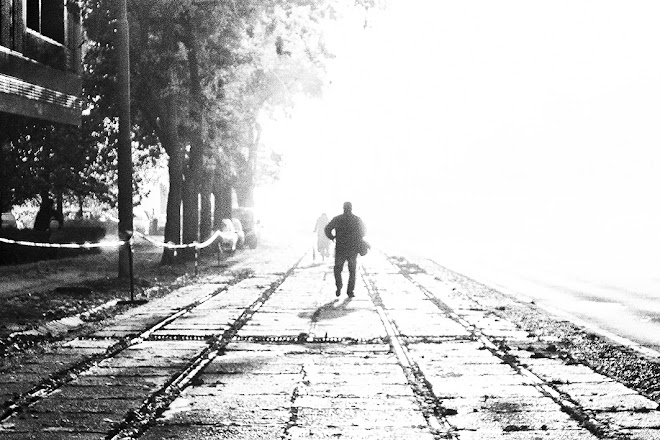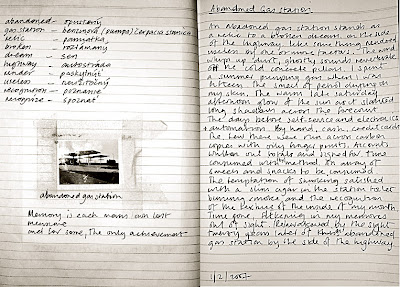
Tono Podstraský sits in the early evening light with his eyes closed lost in reverie. Casting his mind back some forty years to recall names, places and dates most of them long gone for his up coming exhibition. A negative from what remains of his perfectly preserved archive held carefully between his nicotine stained index finger and thumb. “Wait, wait ’67 a restaurant called Hron that’s it”. He smiles, gently puts down the negative and takes a long drag of his cigarette.
Born on 1st of April 1939 he was brought up in Pružina along with his ten brothers and sisters, his mother worked hard on the land and his father was a door-to-door salesman. Originally wanting to become a painter he moved to Bratislava to study art at high school and under the guidance of his adopted older brother Milan Sládek he became a photographer, making portraits of famous people for his final exam. During his career he has worked as a stills photographer on many films, published thousands of photographs in the newspapers, made two books of film stills and his photographs have illustrated three books on gypsies. He’s also had half a dozen solo exhibitions the first in 1969 organized by the chief editor of the newspaper Smena.
My first introduction to Anton Podsraský was at the beginning of this year when a friend called me up to watch a video of the photographer, made in 1994 by Slovak T.V. The video a shot from the hip style documentary follows Podstraský on foot from his flat through the streets of Bratislava to the market at Miletičova. Podstraský darting about erratically with his bad leg sticking out straight as a ski pole pulling him along, clicking his shutter at unsuspecting passers by. Occasionally pausing to speak to people, not really to ask them for permission but to compose them for a better shot. His face a multitude of expressions as he waves his hands and literally barters with people on the market for a picture. Watching this combination of energy, tenacity, courage and decision all rolled up into some kind of crazy dance was hypnotic.
But the real power of Podstrasky is in his images. Here in black and white old men play like children pulling faces for the camera while others stand gracefully, eyes filled with pride. Podstraský focuses his camera on the forgotten and the ignored, on the poor, homeless and alcoholic. He doesn’t render them as hopeless, lost or downtrodden but shows us a celebration of life without riches or fortune and in doing so he finds both poetry and comedy with his camera.
Today though the years have taken their toll Anton is warm, entertaining, witty and generous with his compliments.
“I started taking street in ‘65” he says. “Before that I was working on films”
His street photos tell you a story of the time, from the 1967 picture of a man selling ice cream from a bicycle in front of the castle to a working horse pulling a plough in front of panel flats. But the pub was his studio and its there that he captured people more intimately.
Getting closer and taking greater risks to get the picture. He was attacked and beaten many times suffering broken fingers, a broken nose and having his teeth knocked out. “ I had about 24 cameras smashed or stolen but when I was on the ground getting kicked I usually managed to save my film” He laughs.
Anton Podstraský s photographs capture the heart and soul of the street, the shared human experience. They are photographs by a man who was in the right place at the right time.

Ponorka 1966 Anton Podstrasky

Ice-Cream 1967 Anton Podstrasky








.JPG)